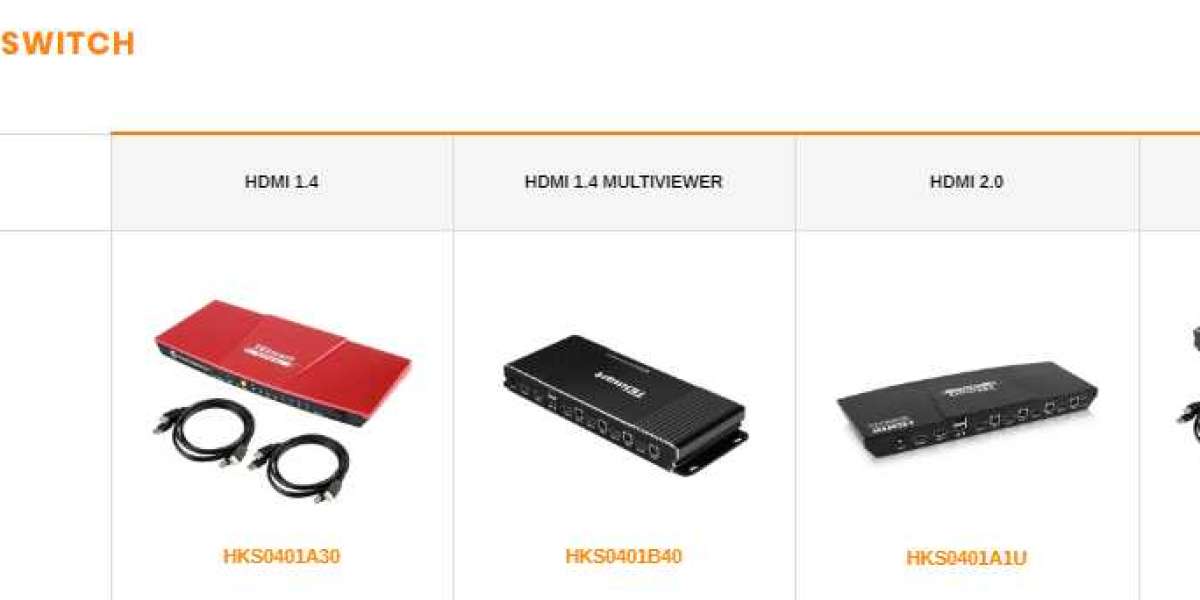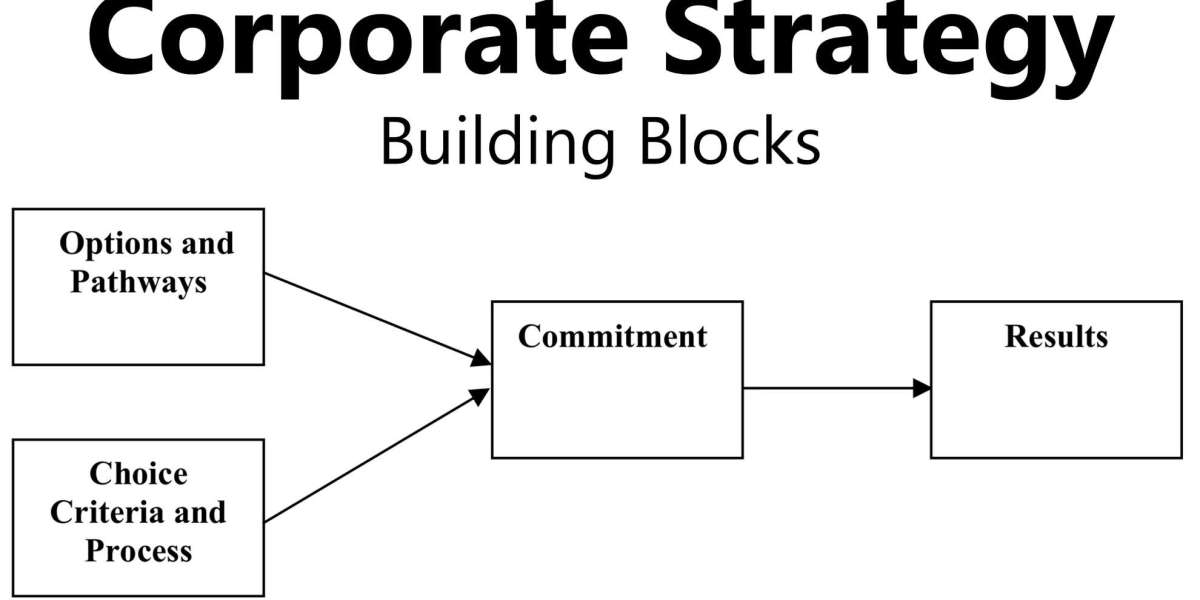In an era where digital content floods every corner of the internet, capturing and maintaining audience attention is an ongoing challenge. Brands, marketers, educators, and service providers seek innovative solutions to create meaningful connections with their audiences. One technology rapidly transforming this landscape is personalized video AI. This cutting-edge tool combines the power of artificial intelligence with the compelling nature of video to deliver custom-tailored content at unprecedented scale and speed.
The concept of personalization has been evolving for years—from simple email greetings using recipients' names to complex product recommendations based on browsing history. However, video personalization has traditionally been limited due to the high cost and complexity of producing unique video content for individual viewers. With advances in AI-driven video generation, these barriers are breaking down. Now, businesses can leverage personalized video AI to craft unique video experiences for each viewer, enhancing engagement and driving measurable results.
At its core, personalized video AI uses machine learning algorithms to dynamically generate or modify video content based on user data. This may include names, locations, purchase history, preferences, or behavioral insights. Unlike generic video campaigns, which broadcast the same message to everyone, AI-powered personalized videos speak directly to each viewer’s interests and needs. The result feels human, authentic, and relevant.
One leading example is personalized video AI platforms like Gan.ai, which enable marketers to automate the creation of thousands or even millions of individual video versions from a single base video. The process starts with recording a master video containing placeholders for personalized elements. The AI then seamlessly integrates user-specific data—such as inserting the viewer’s name or showcasing products aligned with their preferences—while maintaining high production quality and natural visual flow.
The applications of personalized video AI span virtually every industry. E-commerce businesses use it to thank customers by name, recommend products based on past purchases, or re-engage shoppers who abandoned carts. Educational platforms send custom progress reports or motivational messages tailored to each learner’s achievements and challenges. Financial institutions deliver easy-to-understand summaries of complex statements or personalized investment advice, building trust and transparency. Even healthcare providers leverage AI-generated videos to provide individualized care instructions or appointment reminders, enhancing patient experience and compliance.
One key advantage of personalized video AI is its ability to deliver scale without sacrificing quality. Manually creating thousands of personalized videos would require immense time and resources. AI automates this process, dramatically reducing costs and turnaround times. This scalability allows businesses to expand personalized communication beyond a few VIP customers to entire customer bases, driving mass engagement with a personal touch.
Research supports the effectiveness of this approach. Personalized videos have been shown to increase email open rates by as much as 16%, boost click-through rates over 200%, and improve conversion rates significantly compared to non-personalized content. Moreover, video as a medium is proven to help viewers retain up to 95% of a message versus only 10% from text-based communication. The emotional impact of a video that speaks directly to a viewer’s interests is unparalleled, fostering stronger brand loyalty and advocacy.
Despite its power, deploying personalized video AI requires careful consideration of data privacy and ethics. Collecting and using customer data must comply with regulations such as GDPR and CCPA. Transparency about how data is used, along with clear opt-in and opt-out options, helps build trust. Additionally, AI-generated content should be monitored to ensure it maintains authenticity and avoids unintended bias or misinformation.
The technology behind personalized video AI is continuously advancing. Future developments promise even more sophisticated personalization, including real-time video adaptation based on viewer interaction, multilingual support for global audiences, and emotionally intelligent AI voices that convey tone and nuance. Integration with analytics platforms will enable marketers to track engagement in granular detail, optimizing campaigns dynamically for maximum impact.
For businesses interested in adopting personalized video AI, the journey often begins with identifying key customer touchpoints that benefit most from personalization. These may include onboarding new customers, nurturing leads, celebrating milestones, or re-engaging lapsed users. Selecting the right platform is crucial—many providers offer user-friendly interfaces and seamless integration with existing CRM and marketing tools, making the transition smooth and efficient.
In summary, personalized video AI represents a paradigm shift in how organizations communicate with their audiences. By combining the emotional power of video with the precision and scale of AI, brands can create experiences that feel one-to-one, even when delivered to millions. This technology is not just about automation; it’s about making every interaction more relevant, engaging, and memorable.
As digital communication continues to evolve, those who harness the potential of personalized video AI will gain a significant competitive advantage. They will build deeper relationships, foster greater customer loyalty, and ultimately drive better business outcomes. The future of personalized video is here, and it’s powered by AI.






